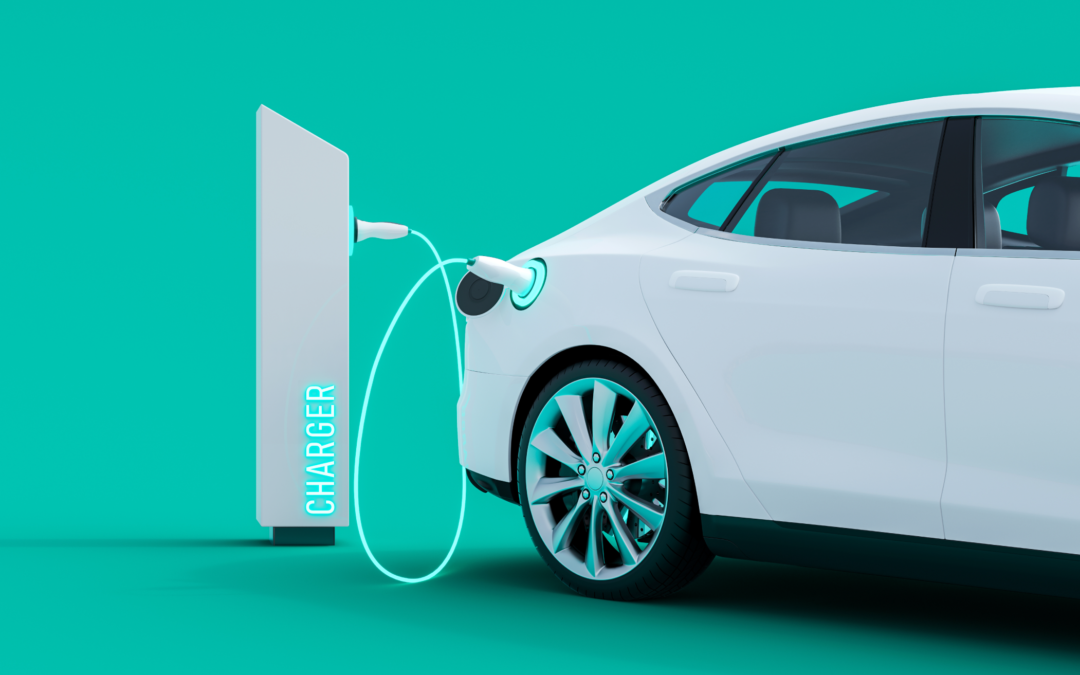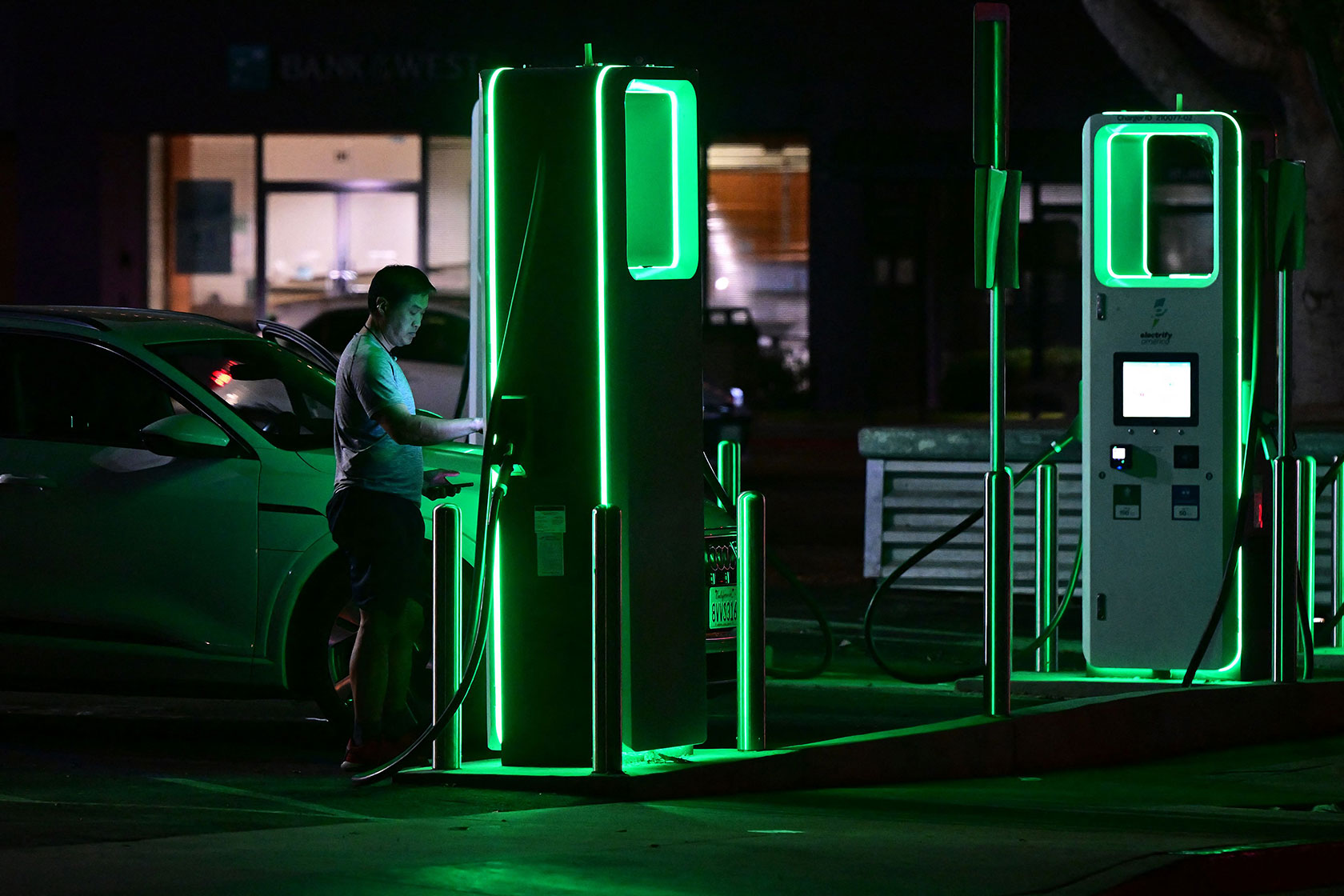How to Stay Updated on Industry Developments When You Buy EV Charging news
New Developments in EV Charging: How the Market Is Developing to Meet Demand
As the electrical vehicle (EV) market continues to expand, the charging infrastructure is undergoing significant transformations to deal with the surging need. Secret advancements in ultra-fast charging technologies, coupled with clever grid assimilation, are improving the landscape. Innovations in battery modern technology pledge improved efficiency and sustainability. The search of global charging standards continues to be an essential element in making it possible for smooth individual experiences and widespread fostering. The ramifications of these improvements increase vital concerns concerning the future of EV charging and its role in the more comprehensive energy community.
Development of Charging Facilities
The fast development of electrical car (EV) charging framework is a crucial part in assisting in the widespread fostering of electric flexibility. As federal governments, exclusive business, and consumers progressively identify the relevance of reducing carbon emissions, investments accountable networks have actually risen. This infrastructure development is important to relieve variety stress and anxiety, making certain that EV users have practical access to charging stations.
Considerable innovations accountable terminal modern technology and implementation methods have actually emerged. Urban areas are seeing an expansion of public charging stations, while rural regions are gradually being integrated into the billing network. Moreover, partnerships between vehicle suppliers and billing providers are becoming much more common, helping with the establishment of thorough networks that improve customer experience and accessibility.
Additionally, the integration of renewable power sources into billing stations is obtaining momentum, advertising sustainability in the EV ecosystem. This shift not only sustains environmental objectives however likewise aligns with the climbing demand for eco-friendly energy solutions among customers.
Ultra-Fast Charging Technologies
Ultra-fast billing innovations stand for a substantial jump ahead in the EV charging landscape, allowing electrical automobiles to charge in a portion of the time contrasted to typical billing approaches. These technologies commonly provide power degrees exceeding 150 kW, with some systems getting to up to 350 kW or more, dramatically minimizing charging times to just 15-30 minutes for a significant charge.
Secret enabling modern technologies include innovations in battery chemistry, power electronics, and thermal monitoring systems. High-capacity batteries with enhanced thermal security allow for faster charging without overheating. EV Charging news. Furthermore, advancements accountable infrastructure, such as liquid-cooled cords and modular billing stations, assist in reliable power transfer, boosting the total individual experience
Significant auto producers and innovation companies are proactively buying ultra-fast charging networks, identifying the critical role they play in conquering range stress and anxiety and accelerating the adoption of electrical lorries. As these technologies become more widely offered, the EV market is expected to witness substantial growth, making electric flexibility an extra eye-catching option for consumers. On the whole, ultra-fast charging innovations are critical in shaping the future of lasting transportation, leading the way for a much more extensive and efficient charging ecosystem.
Smart Grid Assimilation

Via need feedback strategies, smart grid systems can change charging routines based upon grid problems and power rates. For example, during periods of high need, charging can be postponed to off-peak hours, leading to lower expenses for consumers and decreased stress on the grid. Additionally, vehicle-to-grid (V2G) innovations allow EVs to release energy back into the grid, providing supplementary services and boosting grid security.
Combination with renewable resource resources additionally increases the sustainability of EV charging. By straightening charging activities with periods of high solar or wind generation, wise grids advertise a greener charging facilities. Inevitably, smart grid integration not only supports the growing need for EVs yet also adds to a much more lasting and resilient energy future, positioning the market for long-term success.
Battery Developments
Amidst the quick evolution of electrical cars (EVs), battery developments stand at the forefront, driving innovations in efficiency, performance, and sustainability. As the need for EVs surges, scientists and manufacturers are focusing on improving battery modern technologies to address challenges such as range anxiousness and billing times.
Lithium-ion batteries remain the most widely utilized innovation, yet brand-new materials and chemistries are emerging to boost energy thickness and long life. Solid-state batteries, for instance, promise higher energy storage ability and enhanced security by replacing fluid electrolytes with strong ones. This change can dramatically lower the risk of fire and raise the life expectancy of batteries.
Furthermore, innovations in battery recycling processes are important for sustainability. Firms are developing techniques to recover important materials like lithium, cobalt, and nickel from this link utilized batteries, advertising a circular economic climate and lowering ecological impact.

Worldwide Charging Standards

Efforts are underway to establish international billing requirements that help with compatibility among numerous EV designs and charging terminals. Organizations such as the International Electrotechnical Commission (IEC) and the Society of Automotive Engineers (SAE) are working collaboratively with automobile makers and energy companies to create extensive standards. EV Charging news. These standards purpose to streamline the charging procedure, lower the requirement for several adapters, and enhance individual experience
Moreover, standardization can considerably strengthen the expansion of the billing network, as it encourages investment by making facilities growth more reliable and foreseeable. As the EV market matures, a unified method to billing criteria will be crucial for guaranteeing that consumers can charge their cars easily and dependably, thereby sustaining the wider change to lasting transport.
Conclusion
The electrical automobile charging market is undergoing significant improvement to resolve the rising demand for lasting transport. Innovations accountable framework, ultra-fast modern technologies, smart grid assimilation, and ingenious battery services are essential in improving customer experience and functional effectiveness. Additionally, the search of global charging criteria is crucial for making certain interoperability throughout different areas and systems. Jointly, these developments position the market to sustain a wider adoption of electrical cars, inevitably adding to an extra sustainable future.
Urban locations are seeing a spreading of public billing terminals, while rural regions are slowly being incorporated right into the charging network. Furthermore, advancements in billing infrastructure, such as liquid-cooled cords and modular billing stations, help with efficient power transfer, improving the total customer this experience.
Overall, ultra-fast charging technologies are essential in forming the future of lasting transport, paving the means for an extra effective and extensive billing community. - EV Charging news
By lining up charging activities with periods of high solar or wind generation, wise grids promote a greener billing infrastructure.Initiatives are try this underway to establish global billing requirements that help with compatibility among various EV models and billing stations.